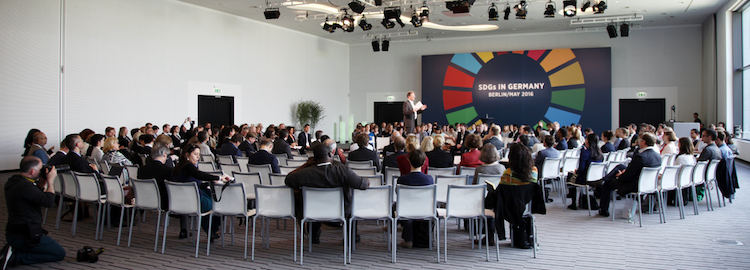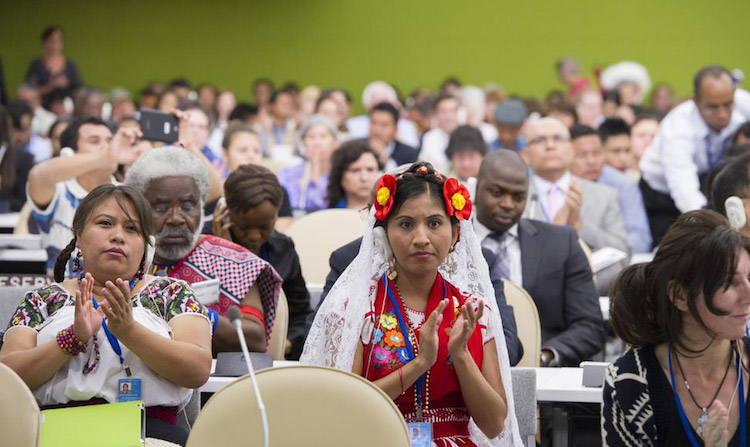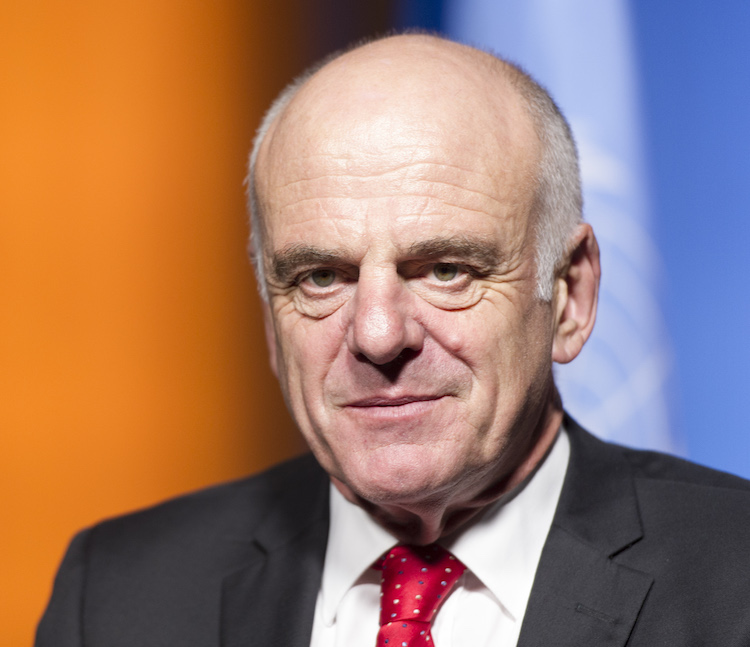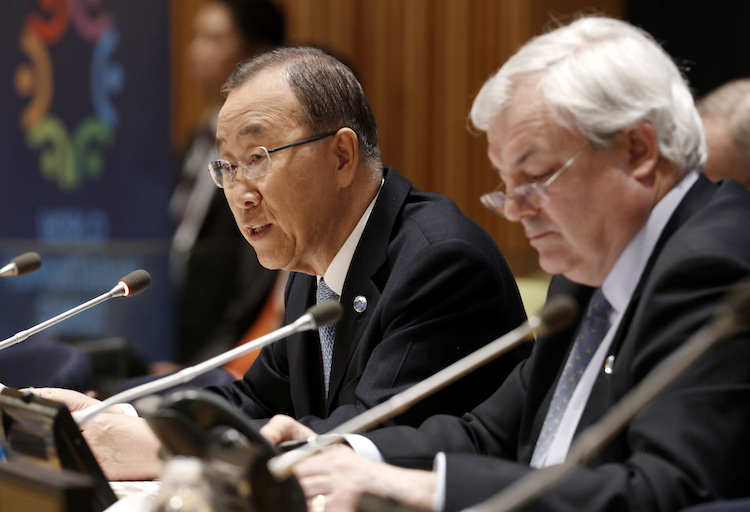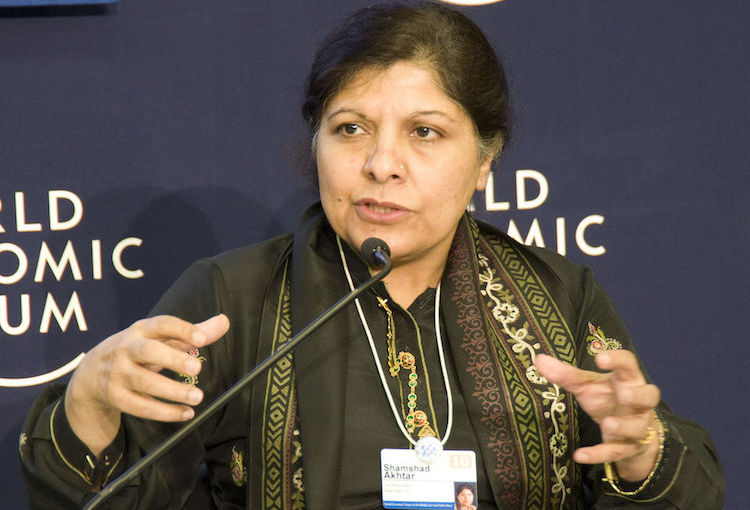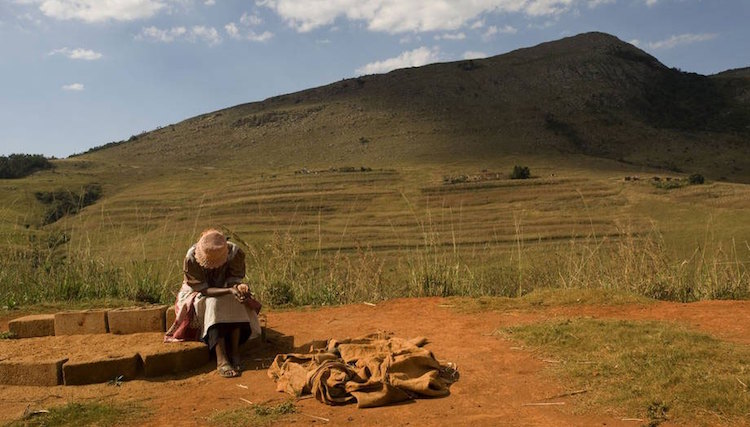
G77 Wants More in South-South Cooperation in Climate Change
Analysis by J Nastranis
NEW YORK (IDN) – The Group of 77 (G77) and China, comprising 134 developing nations, has welcomed a new United Nations initiative that will build partnerships to help developing countries to assist other developing countries implement the Paris Agreement on climate change and the 2030 Development Agenda.
But the G77 and China chairperson Virachai Plasai, Thailand’s Permanent Representative to the UN, has stressed that “South-South and Triangular Cooperation are not a substitute for, but rather a complement to, North-South Cooperation”.
He added: “As South-South and Triangular cooperation are dear to the heart of the Group, we wish to see the momentum created by this initiative to promote South-South and Triangular cooperation be carried forward in other important areas apart from climate change.”…





